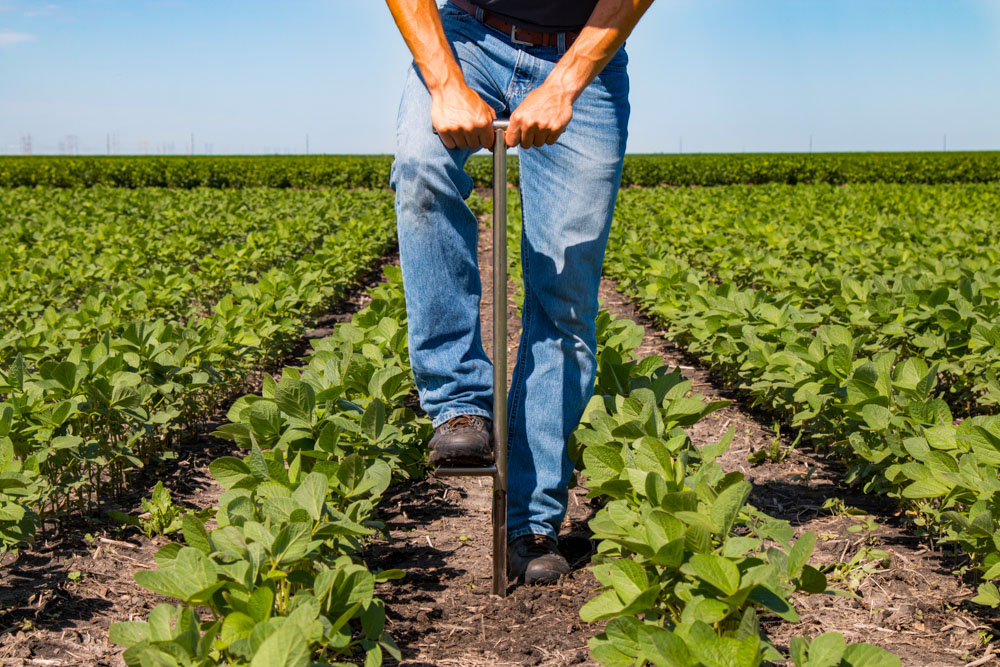Soil testing is a cornerstone of successful crop production, offering invaluable insights throughout the growing season. By analyzing soil composition, farmers can tailor their management practices to optimize plant health and maximize yields. From assessing nutrient levels to detecting soil pH imbalances, soil testing provides a clear roadmap for effective crop management.
Benefits of Soil Testing for Farmers
- Accurate Nutrient Management: Soil testing helps identify nutrient deficiencies and excesses, allowing farmers to apply fertilizers more efficiently. This targeted approach not only enhances crop growth but also reduces waste and environmental impact.
- Customized Amendment Plans: Based on soil test results, farmers can develop precise soil amendment plans. Whether it’s adding lime to adjust pH or incorporating organic matter to improve soil structure, these tailored interventions are crucial for maintaining soil health.
- Improved Crop Selection: Understanding the specific characteristics of their soil enables farmers to select crops best suited to their fields. This strategic crop planning can lead to better crop performance and higher yields.
- Disease and Pest Management: Soil tests can reveal conditions that may predispose crops to diseases or pests. Early detection allows for proactive measures, reducing the risk of crop damage and loss.
- Economic Savings: By applying only the necessary inputs, farmers can save on costs related to fertilizers and amendments. Efficient resource use translates into better profitability and sustainability.
Challenges
Despite its benefits, soil testing poses several challenges for farmers:
- Cost: The expense of soil testing, including sample collection and laboratory analysis, can be a significant barrier, particularly for small-scale farmers.
- Accessibility: Farmers in remote areas may face difficulties accessing testing facilities, leading to delays in obtaining results.
- Soil Variability: Soil composition can vary greatly within a single field, requiring multiple samples for an accurate assessment. This increases both the complexity and cost of testing.
- Time-Consuming Process: Collecting samples and waiting for laboratory results can be time-consuming, potentially delaying critical farming decisions.
- Technical Knowledge: Proper sampling techniques and understanding laboratory results require technical expertise, which some farmers may lack.
Simplify Soil Testing with AgNote
To overcome these challenges, we recommend AgNote farm management software. AgNote makes it easy to save soil sample test results for each field and create effective soil amendment plans. Planning the next crop season becomes streamlined and efficient. AgNote offers a free 7-day trial, allowing farmers to explore its benefits risk-free. Register today and take the first step towards optimizing your soil health and crop yields with AgNote.
